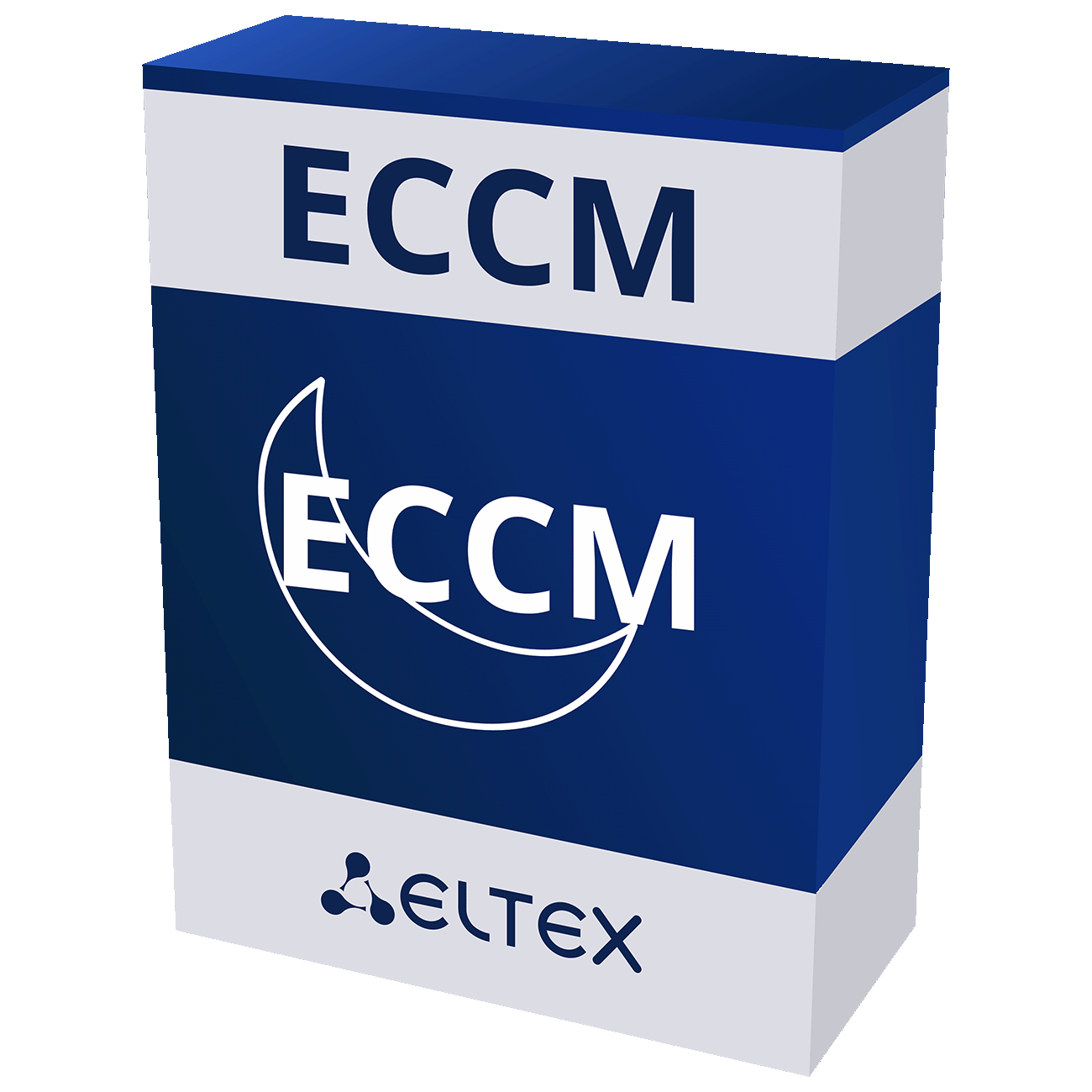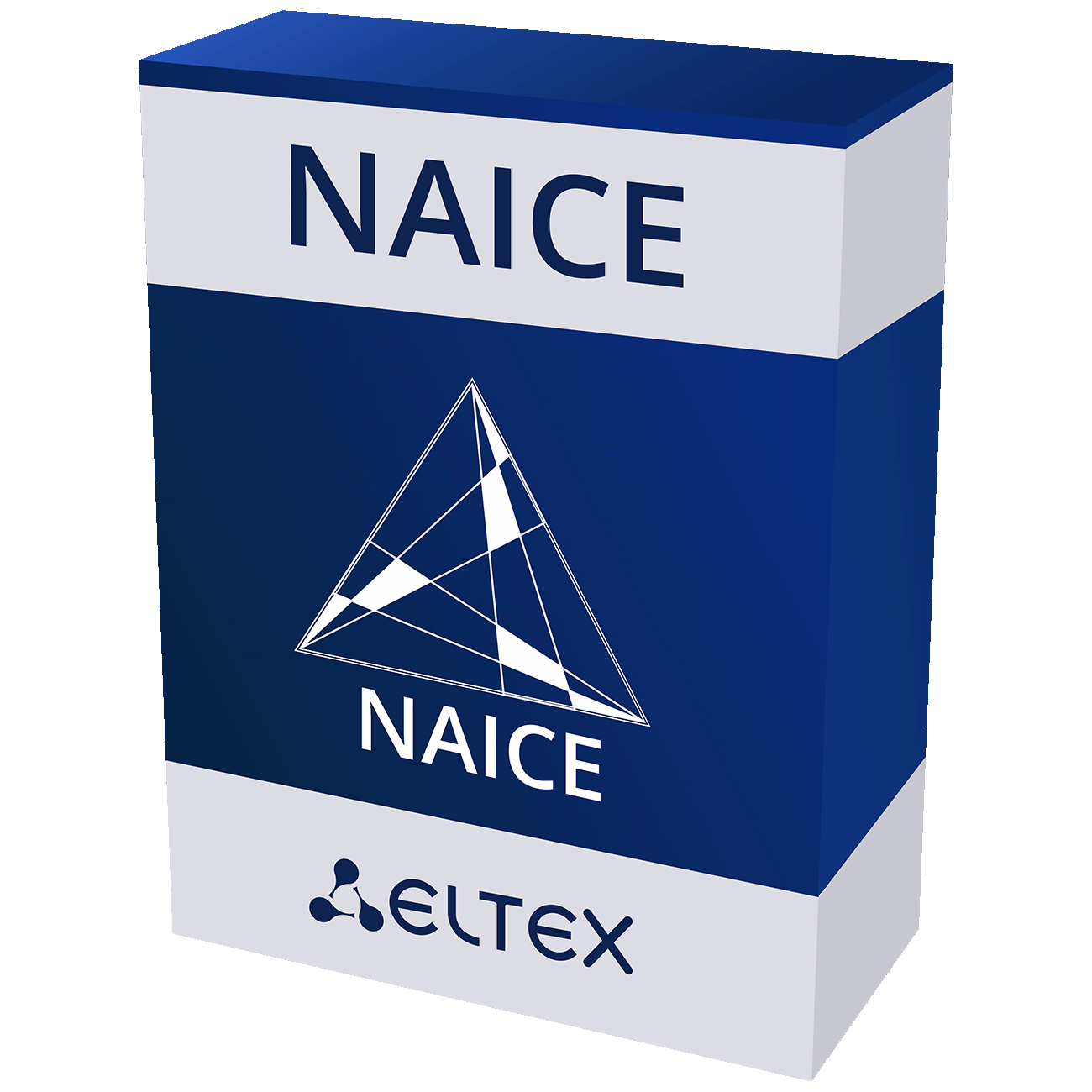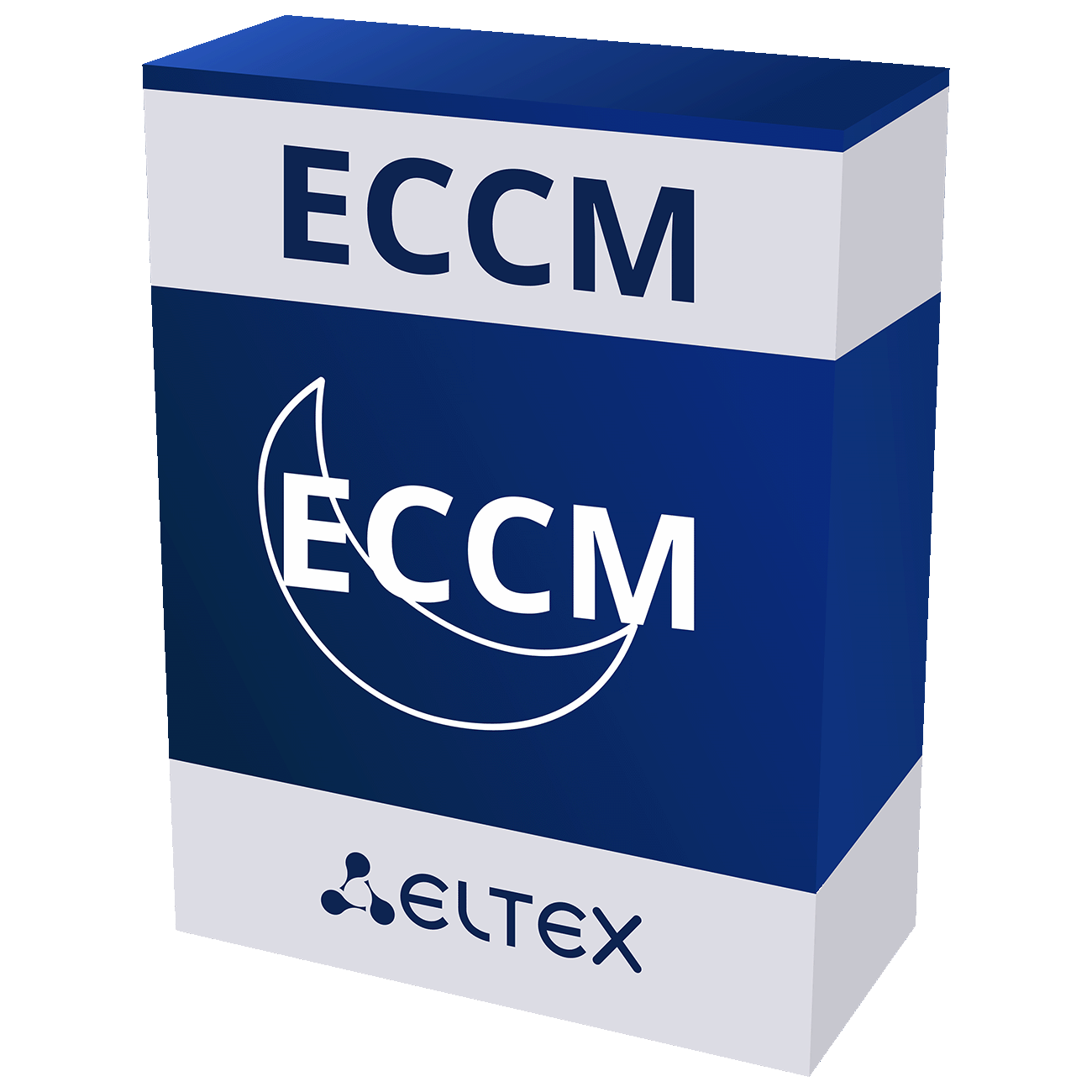Trunk gateway SMG-1016M with IP PBX functions
- E1 Streams:
- up to 16
- VoIP channels:
- up to 768


Description
The SMG-1016M platform can be used as a trunk gateway for connecting signal and media flows of TDM and VoIP networks, IP PBX with support for VAS functions, and can also act as a universal solution for building new generation infocommunication networks. The wide function set, strict compliance with requirements and standards, as well as carrier-grade reliability allow service providers and carriers to solve most part of their objectives on the basis of SMG-1016M.
Scalability
SMG-1016M is a beneficial investment in the future of your project due to its scalability. The gateway supports up to 16 E1 streams (SS7, PRI, V5.2) and up to 768 VoIP channels.
IP PBX with VAS support
Additional options for SMG-1016М gateway allow using it as a full-featured IP PBX for up to 2,000 SIP subscribers with support for a wide range of value added services. A programmable IP PBX module ECSS-10 is designed for fast deployment of a VoIP node with a minimum of capital expenses (CAPEX). ECSS-10 and SMG-1016М might be used as a PBX of any level.
Carrier-grade reliability
Uniform load distribution between submodules, redundant power supplies, as well as the use of modern technologies based on parallel computing provide a high level of fault tolerance of the SMG-1016M trunk gateway with automatic switching to a backup submodule in the event of any system submodule failure or the power source.
Functional compatibility
The strict compliance with requirements of up-to-date protocols, recommendations and standards provides functional compatibility of SMG-1016M with a variety of equipment: digital PBX, IP PBX, Softswitch, VoIP gateways, SIP phones, software SIP clients, etc.
Media streams transcoding
The hardware transcoding helps to negotiate media streams with different VoIP codecs which are used in up-to-date networks.
RADIUS routing
Intellectual call routing based on billing system responses via the RADIUS protocol allows creating flexible methods of call processing.
Intellectual protection of IP networks
The intellectual protection against unauthorized external SIP subscribers connection and connections via http/https/telnet/ssh is realized on the SMG-1016M (Dynamic Firewall, Static Firewall, black and white lists of IP addresses and subnets, etc.). For additional defense, SMG-1016M is compatible with session border controllers (e.g. SBC-1000) that are used as a firewall for VoIP networks.

Specifications
- Up to 16 E1 streams
- 14 cps
- Up to 2 power supplies

Related products
















